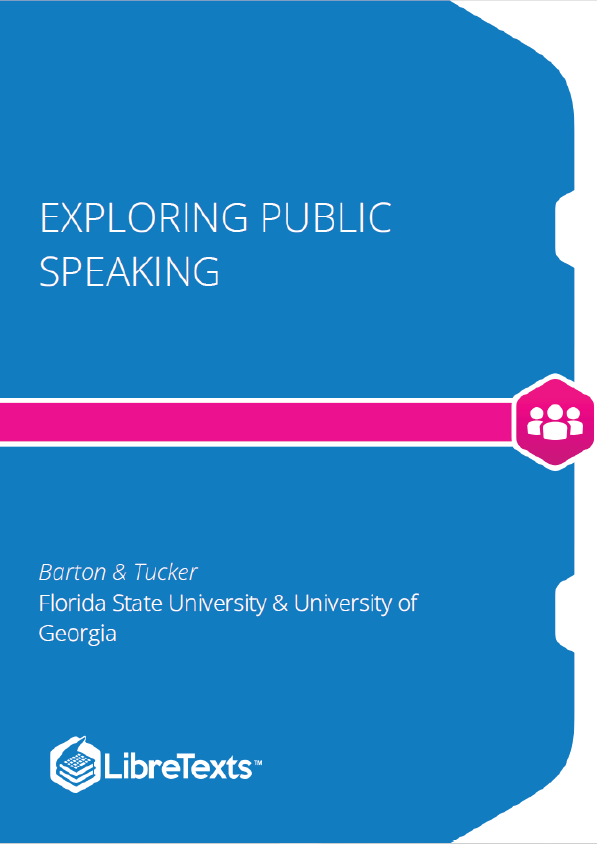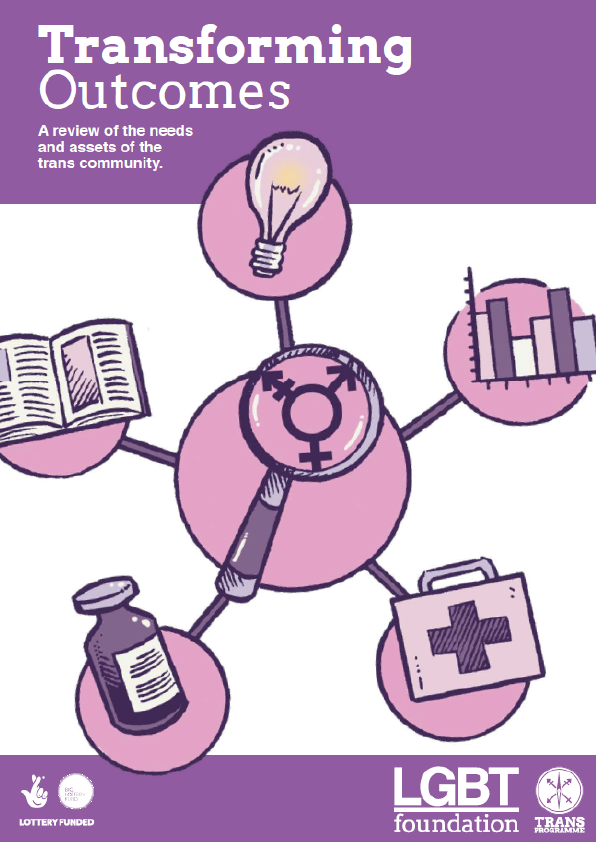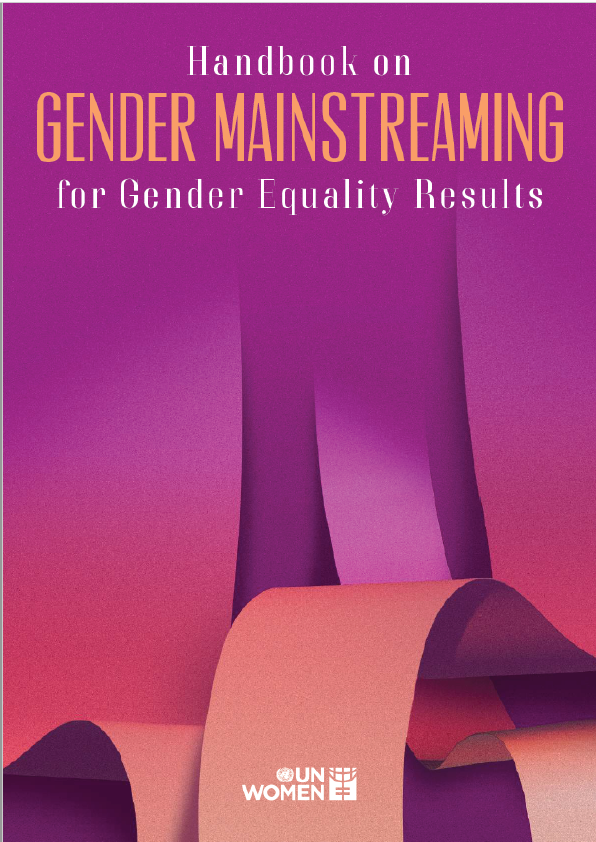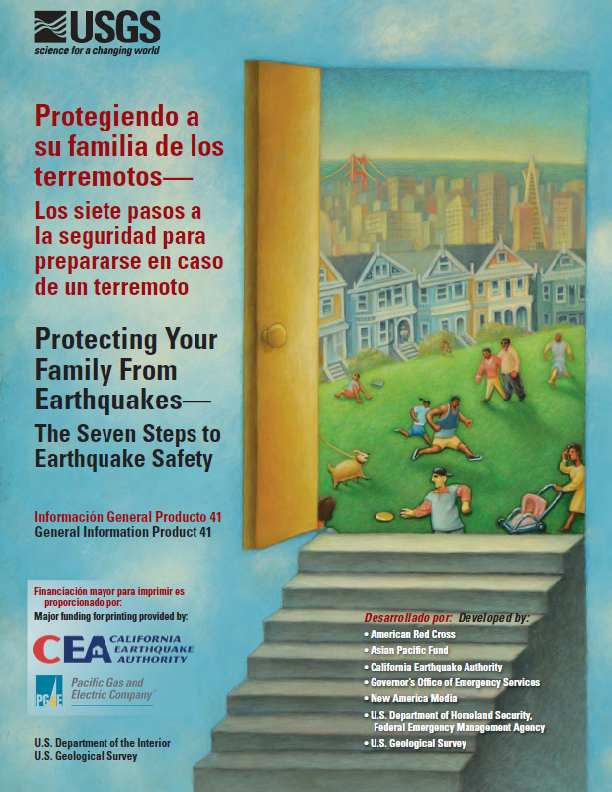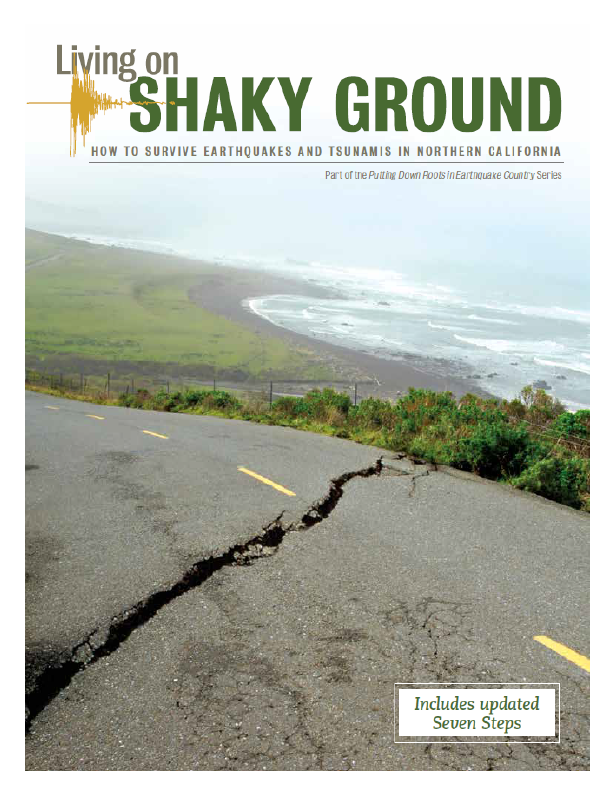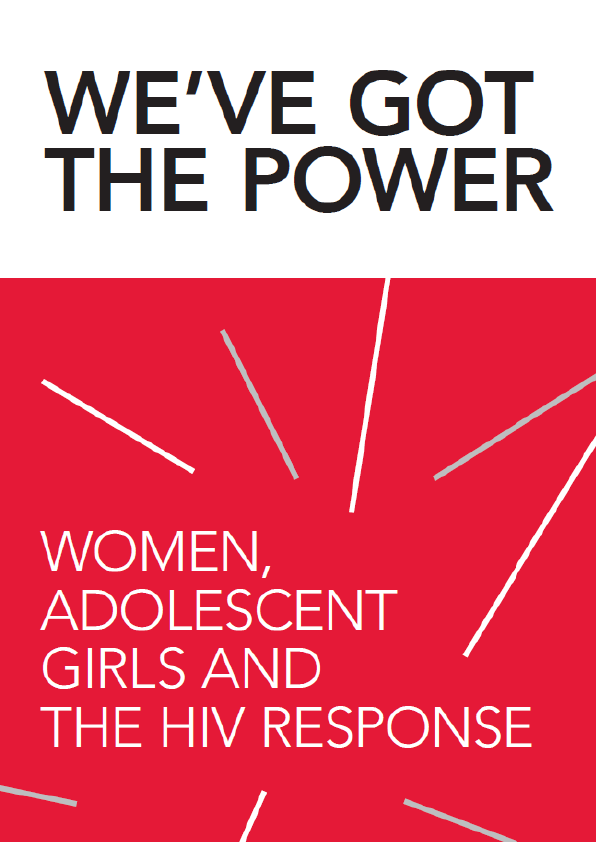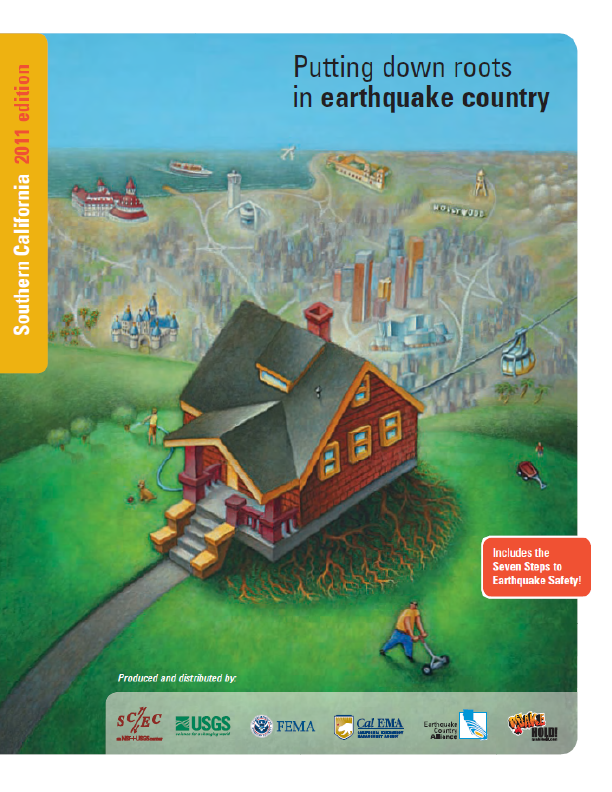The text addresses all the major concerns, issues, and material that an introductory, freshmen-level public speaking course involves. Beginning with the value of public speaking to one’s life and overcoming public speaking anxiety, the subsequent chapters cover listening and audience analysis; plagiarism and ethics; invention and thesis development; research; organization; introductions, conclusions, and transitions; supporting material; delivery; visual aids; language choices; informative speaking; persuasive speaking; logic and fallacies; and special occasion speeches. The book was written with students in the open access college and with diversity in mind.
What is Public Speaking?
What is your mental picture when you think about “public speaking?” The President of the United States delivering an inaugural address? A sales representative seeking to persuade clients in a board room? Your minister, priest, or rabbi presenting a sermon at a worship service? Your professor lecturing? A dramatic courtroom scene, probably from Law & Order? Politicians debating before an election? A comedian doing stand-up at a night club?
All of these and more are instances of public speaking. Be assured that public speaking takes many forms every day in our country and across the world. Now let’s get personal: Do you see yourself as a public speaker? And when you do, do you see yourself as confident, prepared, and effective? Or do you see a person who is nervous, unsure of what to say, and feeling as if they are failing to get their message across?
You find yourself in this Fundamentals of Speech course and probably have mixed emotions. More than likely, it is required for graduation in your major. Perhaps you have taken a formal public speaking course before. Although they are not as common in secondary education as in colleges (Education Commission of the States, 2015), public speaking instruction may have been part of your high school experience. Maybe you competed in debate or individual speaking events or you have acted in plays. These activities can help you in this course, especially in terms of confidence and delivery.
On the other hand, it might be that the only public speaking experience you have had felt like a failure and therefore left you embarrassed and wanting to forget it and stay far away from public speaking. It might have been years ago, but the feeling still stays with you. This class is not something you have been looking forward to, and you may have put it off. Maybe your attitude is, “Let’s just get it over with.” You might think that it’s just another course you have to “get through” in order to study your major— what really interests you—and start a career in your field.
